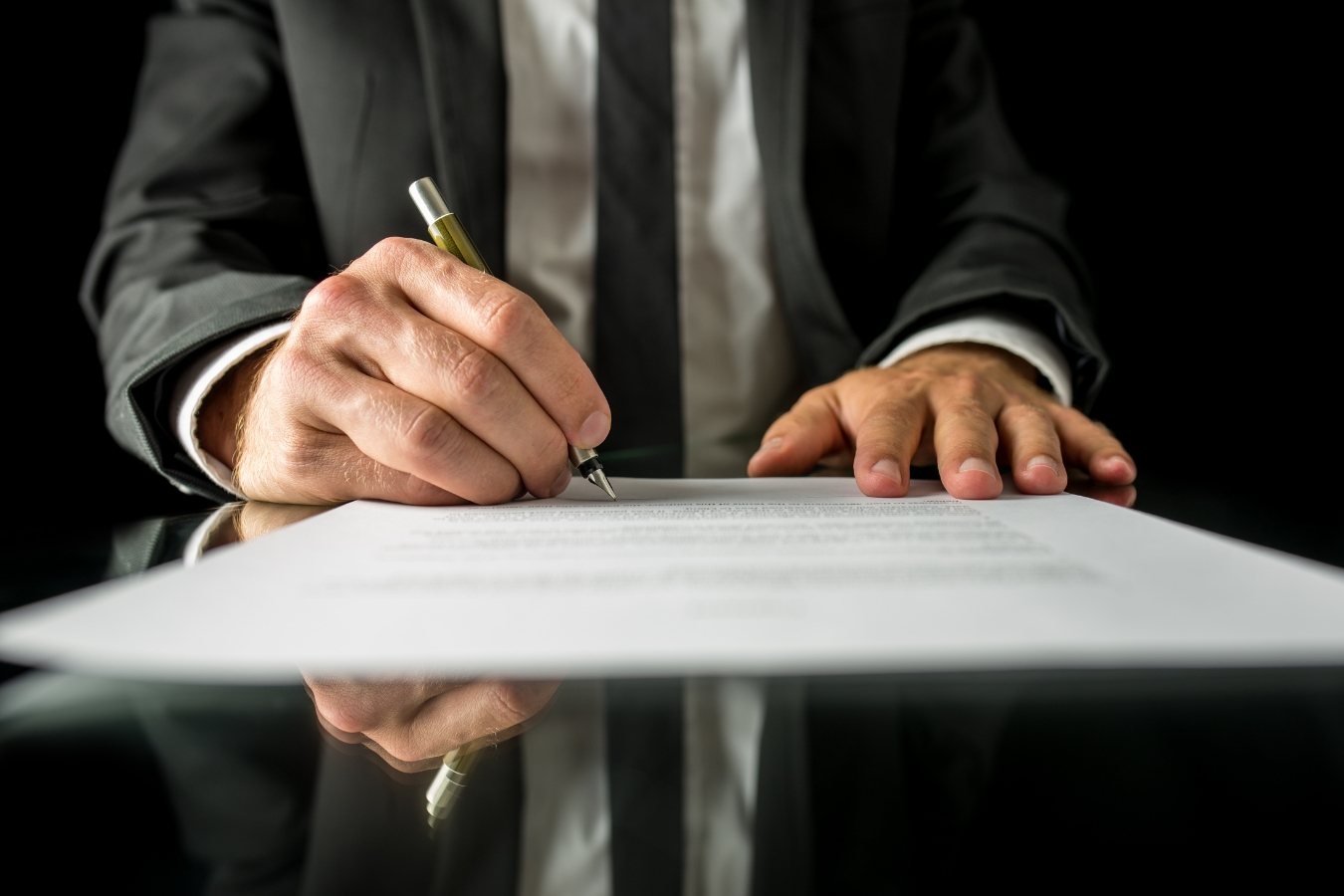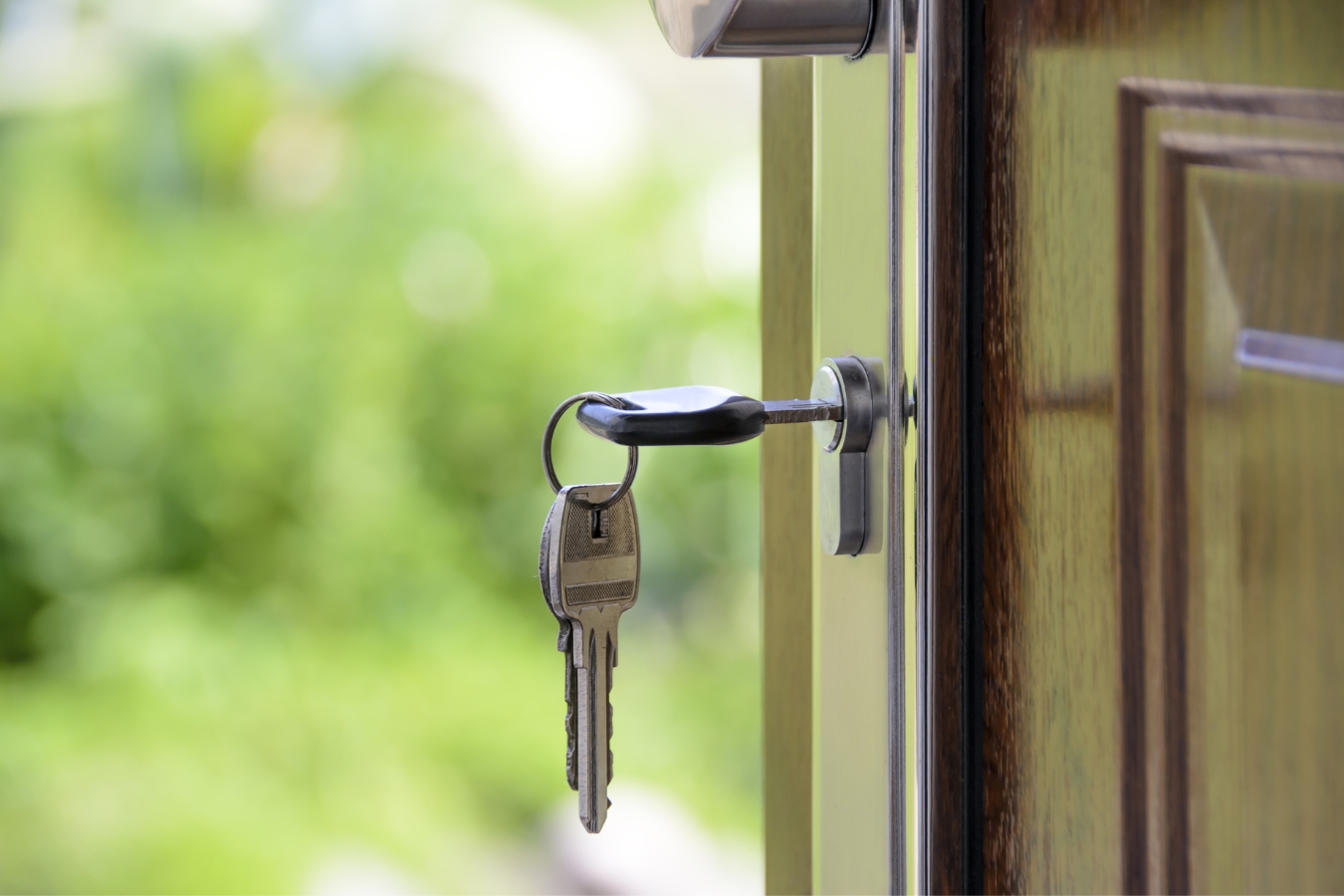What is the relation between the Principality of Andorra and the European Union (EU)?
Due to its geographical and political situation, the Principality of Andorra strengthens its ties with the European Union (EU). Indeed, since the late 1980s, Andorra has opted for a gradual approximation towards this organization.
First of all, a relationship on matters of customs and trade have materialized pursuant to a Customs Union Agreement with the EU, signed in 1990. Secondly, said relationship has been characterized by sectoral cooperation, framed by the Cooperation Agreement signed in 2004. This cooperation includes the Savings Taxation Agreement and a series of complementary arrangements, including the Monetary Agreement, signed in Brussels on June 30, 2011.
Far from being satisfied with a sectoral agreement, since 2015 the Principality has been conducting a third phase of approximation: the negotiation of an association agreement between the European micro-States – Principality of Andorra, Principality of Monaco and Republic of San Marino – and the EU. A new agreement seeking the integration of Andorra into the European Single Market, i.e., the application of the Four Freedoms (free movement of goods, of services, of capital and of persons), as an essential part of the Community acquis.
For several years, the Andorran Government has been diversifying and opening the national economy by implementing overhauls that allow national realities to adapt to the European economic environment. Its objective is to promote trade of goods and services and to attract foreign investment.
A specific and preferential customs regime
The Principality of Andorra has a specific customs status since its Trade Agreement with the EEC signed on the 31st of December 1990. The customs union applies to the industrial products of chapters 25 to 97 of the agreement but excludes the agricultural products of chapters 1 to 24, which are, however, taken into account in the agreement. Indeed, although these products from Andorra benefit from exemption of import duties in the EU, this is not the case for products from Europe imported in Andorra. This particular situation of customs union allows Andorra to have preferential regimes that include the elimination of import and export customs duties and the establishment of taxes with equivalent effect in force between the parties. This agreement is considered preferential since it establishes a derogation from the classic rules of the European customs union, particularly on agricultural products. The interest of the agreement is to not penalize Andorra in its trading with the EU.
The most advantageous tax policy and the most approved
In 2004, two agreements were signed: the Cooperation Agreement and the Savings Taxation Agreement. The second agreement relates to “a withholding tax on interest received in Andorra by nationals of Member States of the European Community and an exchange of information upon prior request”. It was amended in 2016 at the initiative of the Organization for Economic Co-operation and Development (OECD) to improve international tax compliance related to the automatic exchange of information on financial accounts. Finally, a Monetary Agreement was signed in 2011 to incorporate European legislation on the prevention of money laundering, on banking and financial matters, on the statistical data’s collection and on the prevention of fraud and counterfeit payment means.
Although a rebalancing is expected in this area, the government has safeguarded its fiscal sovereignty since taxation is not part of the association agreement. The State therefore retains control over its very advantageous tax policy.
Consequently, Andorra has already made a lot of efforts in order to integrate into its international environment: it has implemented its Law on foreign investment, the internationally approved tax framework, it has signed many Double Taxation Agreements (DTAs) with different countries and especially with neighboring countries and Andorra has recognized European higher education diplomas, etc. The country has never been so open and in just a few years it has made titanic efforts to comply with not only European standards but also international ones.
The management
Augé Legal & Fiscal
Do you want to contact one of our professionals?
+376 803 636
If you wish, you can call us by phone and we will personally attend to your request.
You can also contact our team by sending your inquiry to the following email: info@augelegalfiscal.com or contact us via WhatsApp (Tel: +376 33 33 76).










